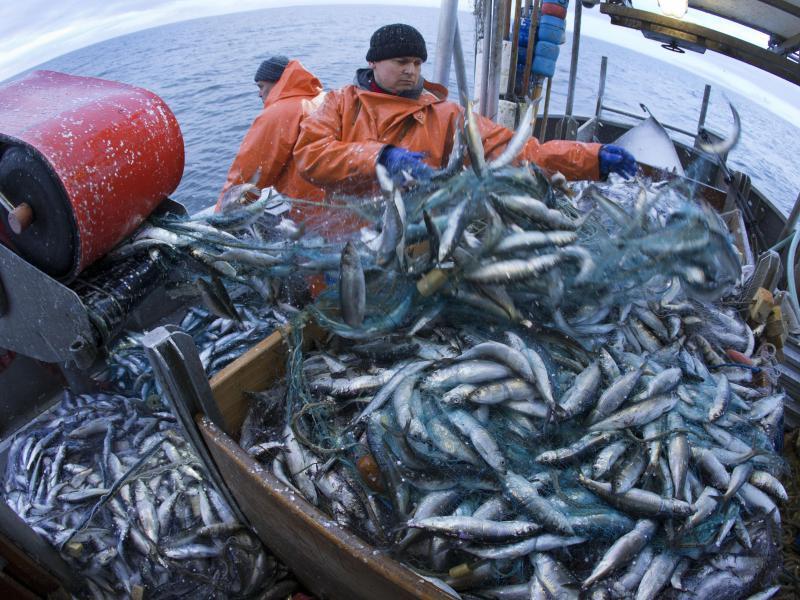Eu states want to take greater care of fish stocks

For example, they want to largely prohibit fishermen from throwing unintentionally caught fish back into the sea, dead or injured. To do this, the fishing methods must be changed. The reform will set the course of european fisheries policy for years to come.
"The ministers have moved on some points, but i had hoped for even more courage," said ulrike rodust, an SPD member of the european parliament. She is the main contact person in the parliament for the fishery reform. "We parliamentarians will now analyze the text calmly."The members of the european parliament must approve the legislation. They had previously announced that they could only give the green light in exchange for further concessions.
In february, the EU member states had already agreed on their position on the reform of the fisheries policy. Now they have made improvements to enable an agreement with parliament. Irish minister and head of negotiations simon coveney said the states had accommodated the parliament on many points. EU fisheries commissioner maria damanaki was confident: "I think an agreement is possible," she said.
For example, the states want to impose stricter restrictions on the throwing overboard of unintentionally caught fish than previously planned. Because the animals often end up injured in the water and die there – their capture is therefore of no use to anyone. EU countries want to reduce the number of so-called discards to a maximum of five percent of catches over the course of several years. In february, the states had still wanted to allow up to seven percent.
In addition, the ministers want to ensure that catch limits (quotas) are set in such a way that fish stocks are not overexploited in the long term. But this is not enough for environmental organizations. "Of all things, the heart of the reform, the mandatory rebuilding of fish stocks, is where the ministers lack the will," criticized anna holl of the WWF. The organization wants to see much more restrained fishing so that stocks can recover more quickly.
The EU states had made "another significant step" toward the parliament, explained federal agriculture minister ilse aigner (CSU). "It was the maximum that was negotiable, so to speak, in the council (of the eu states) now also."
If states and the european parliament come together, the fisheries reform could be a done deal within the next few weeks, said parliamentarian rodust. "But I cannot guarantee it".